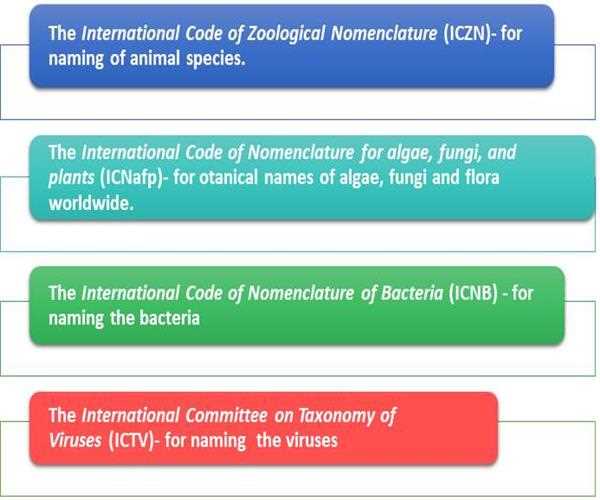The system of naming species in Biology is called ‘Nomenclature’. It is used to integrate the naming systems across all living & non-living beings to give them an identity. It is also helpful in identifying one particular species in different languages, categorized into one unique name.
This scientific system of naming species is set in two parts, called Binomial Nomenclature. It entails
• Generic name or Genus in the first part
• Specific name or Specific Epithet in the second part.
This system of nomenclature was developed by Carl Linnaeus, the father of modern taxonomy. He designed this system to differentiate one species from another. Unlike all common names which differ in local languages, binomial nomenclature provides a name that could be taken in unison and is consistent.
For example, mango could be differentiated from apple in appearance, but many people speak languages other than English. They name the species according to their own system of language script. So, for providing uniqueness to their naming system, mango is referred to as Mangifera indica, whereas, apple is referred to as
Pyrus maleus.
The working of Binomial Nomenclature
There are various systems for adopting the code of Binomial Nomenclature across the world and the science revolves around the rules framed by these communities:

The main objective of these codes is to provide a distinct name for the physical species which could be used consistently, worldwide.